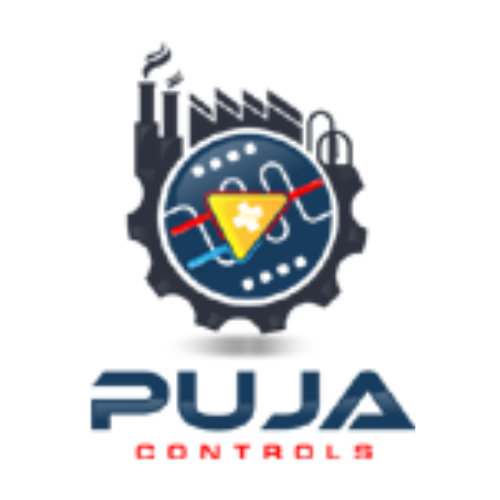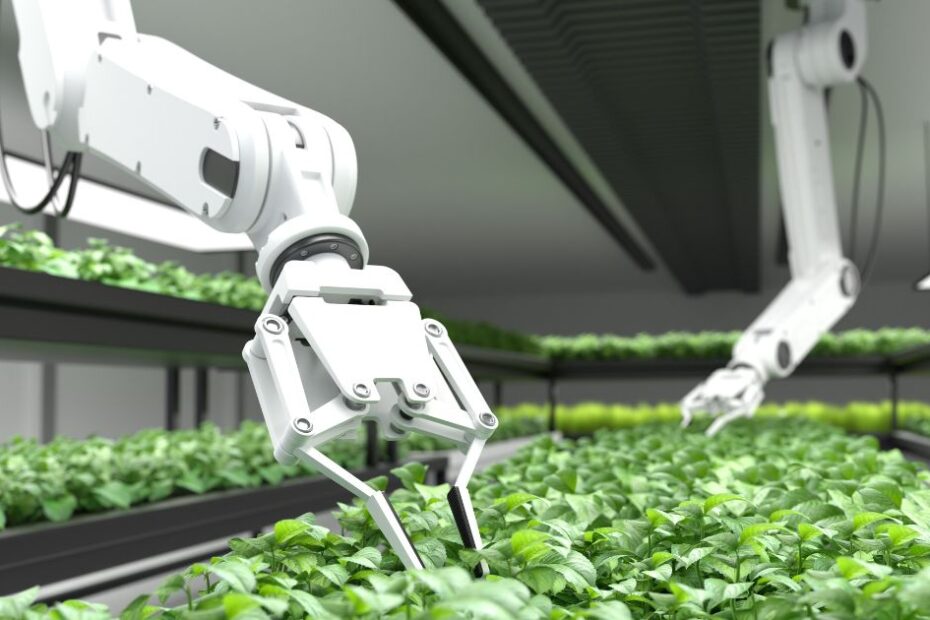In the fast-paced world of business operations, staying ahead often involves embracing innovative solutions. Robotic Process Automation (RPA) emerges as a game-changer, offering a myriad of benefits that streamline operations, increase efficiency, and reduce costs. In this blog, we will explore the transformative power of RPA and how it aligns with other cutting-edge technologies such as SCADA Industrial Automation, PLC Control Panels in Factory Automation, LabVIEW Software for Pharmaceutical Automation, and the optimization of Electric Vehicle (EV) Battery Performance.
1. RPA provides enhanced efficiency:
At its core lies the ability to automate repetitive tasks, freeing up valuable human resources to focus on more strategic and creative endeavors. This efficiency boost ensures that processes are executed swiftly and accurately, contributing to overall operational excellence.
2. Increased Productivity:
By taking over routine tasks, it allows employees to concentrate on higher-value activities, fostering increased productivity. This shift from manual to automated processes accelerates the pace of operations, resulting in more output without proportional increases in workload.
3. RPA reduce costs:
One of the most significant advantages of RPA is its potential to reduce operational costs. Automated processes eliminate the need for extensive manual labor, cutting down on human resource expenses and minimizing errors that may result in additional costs.
4. Error Minimization:
Human errors can be costly and time-consuming to rectify. It ensures a high level of accuracy in executing tasks, reducing the likelihood of errors and associated costs. This not only enhances operational efficiency but also contributes to improved data quality.
5. RPA is scalable:
It is highly scalable, allowing businesses to adapt easily to changing workloads and demands. Whether you’re a small startup or an established enterprise, It can be customized to suit your specific needs, providing flexibility as your operations evolve.
6. Faster Processing Times:
Automation through robotic process significantly reduces processing times for various tasks. Repetitive processes that once took hours or days can now be completed in a fraction of the time, leading to quicker decision-making and responsiveness.
7. Improved Customer Experience:
Efficient and error-free processes contribute to an enhanced customer experience. It ensures that customer-facing tasks, such as order processing and query resolution, are handled swiftly and accurately, fostering customer satisfaction and loyalty.
8. Seamless Integration with Other Technologies:
It doesn’t operate in isolation; it integrates seamlessly with other advanced technologies. The synergy between RPA and SCADA Industrial Automation, for instance, creates a holistic approach to process control and monitoring, ensuring a comprehensive solution for operational excellence.
The integration of RPA with PLC Control Panels is revolutionizing factory automation. It enhances the capabilities of PLC systems, creating a harmonious relationship that optimizes manufacturing processes and increases overall efficiency.
9. Innovation in Pharmaceutical Automation:
As we look towards the future, robotic process automation integrates seamlessly with LabVIEW Software in pharmaceutical automation. LabVIEW’s advanced capabilities combined with it offer unparalleled efficiency in data acquisition, control, and monitoring, ensuring pharmaceutical processes meet the highest standards.
10. Contributing to Green Initiatives:
Optimizing EV Battery Performance is a critical aspect of sustainability. RPA plays a role in enhancing the efficiency of processes related to electric vehicles, contributing to green initiatives by ensuring optimal performance and reduced energy consumption.
In conclusion, the benefits of RPA in streamlining operations are multifaceted. From increased efficiency and cost reduction to error minimization and improved customer experience, RPA offers a transformative solution for businesses seeking to stay ahead in today’s competitive landscape. Its seamless integration with other advanced technologies further solidifies its position as a cornerstone in the evolution of operational excellence. As businesses continue to innovate, the adoption of RPA stands as a strategic move towards a more efficient, agile, and sustainable future.

